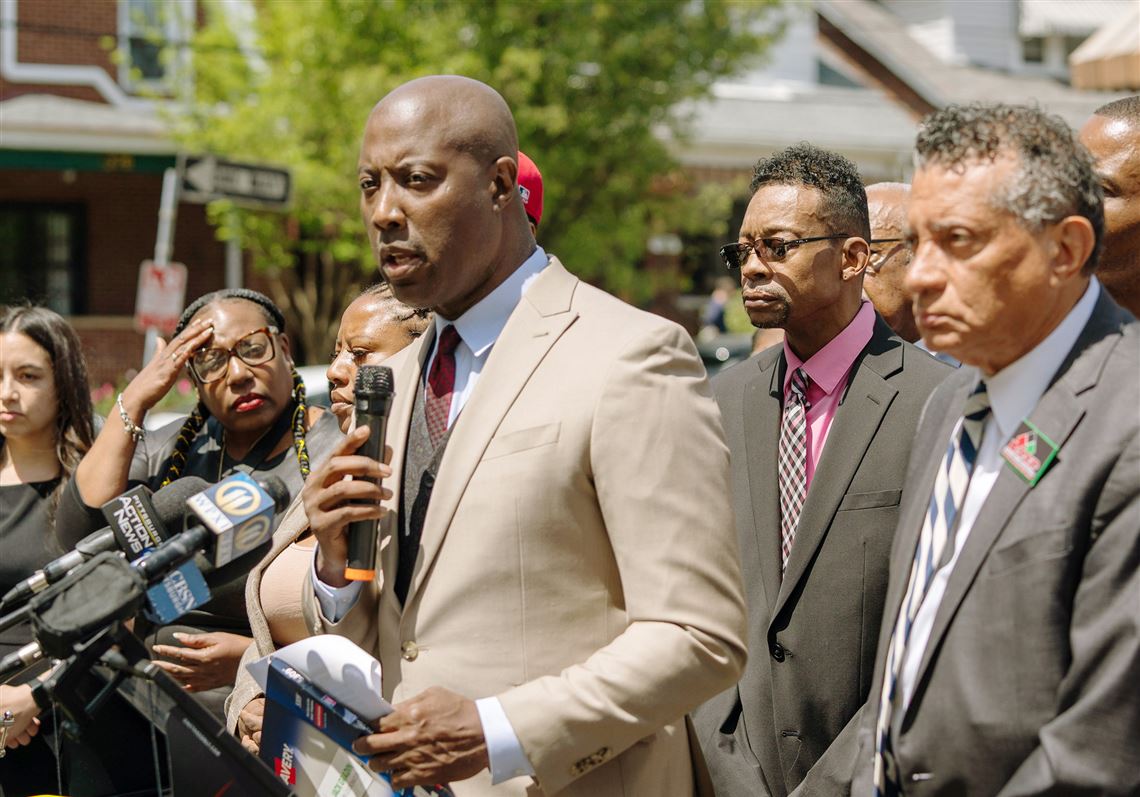
Editorial: New information casts doubt on city's handling of Jim Rogers settlement
The City of Pittsburgh’s hiring of medical pathologist Dr. Bennet Omalu to provide an expert opinion in the death of Jim Rogers raises serious questions...
At issue here is the case of a crazy/retarded/Black homeless person (don't recall what euphemism was used in the article) who died as a result of horrible treatment by the Pittsburgh Police while he was being arrested for "theft" of a bicycle that was marked by a sign as "free." Horrible case, no question about it.
But the Gainey Administration of Pittsburgh approved a settlement of EIGHT MILLION DOLLARS to the "family" of this poor bastard, for their loss with the death of their relative. The gist of the article is how outrageously the Administration acted in reaching this preposterous settlement. Not overtly mentioned is the fact that everyone in the story is Black. Victim, mayor, doctor, lawyers, you name it. All Black.
But for the moment, I focus on how (the fuck) anyone could even calculated "damages" in the case of someone who was nothing but a drain on everyone connected to him. He was a drain on his family, a drain on the government agencies, a drain on the police force, and so on. His death, financially speaking, was a net positive for all of them. And yet his demise is the occasion of enriching his lawyer and "family" to the tune of eight million dollars.
There are times when our tort system is the object of scorn and derision; this is one of them.

